“The fear has properly set in”: how it feels to watch my home town disappear into the sea – the Guardian
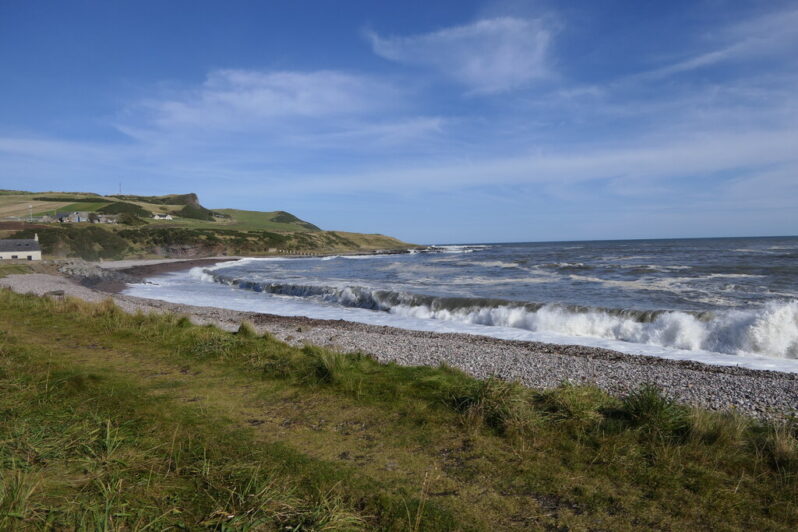
Inverbervie, on the north-east coast of Scotland, faces an existential threat, with storms carving away metres of shoreline. Can anything be done to save what is left?
California’s Highway 1 road conditions will only get riskier, experts say – the Guardian
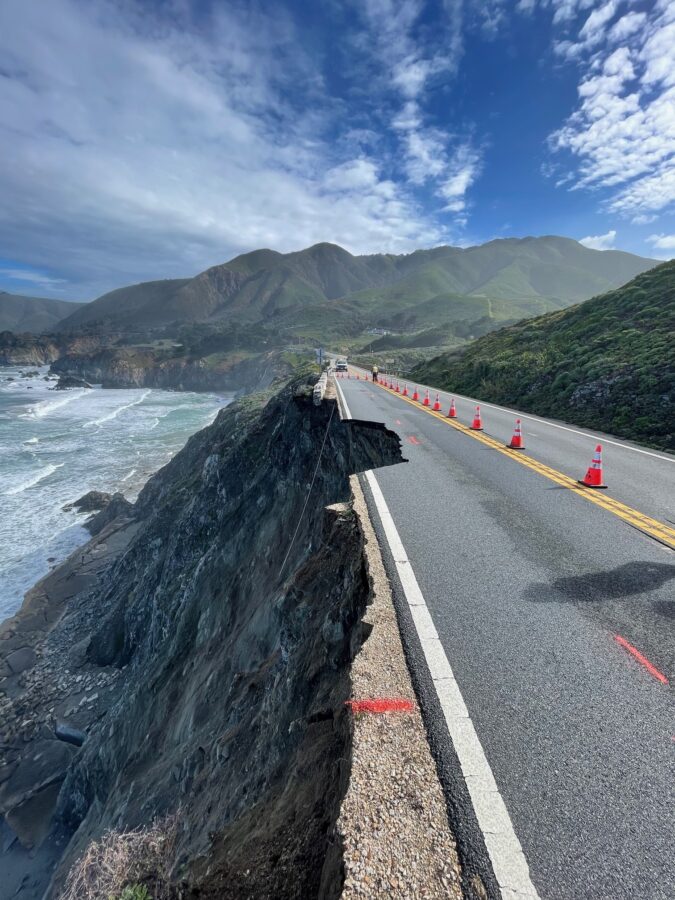
Chunk of famed route crumbled into sea causing another closure, and conditions are expected to only worsen with climate crisis…
‘It gets your stomach churning’: the team wading through nappies to clean up Bali’s waterways – the Guardian
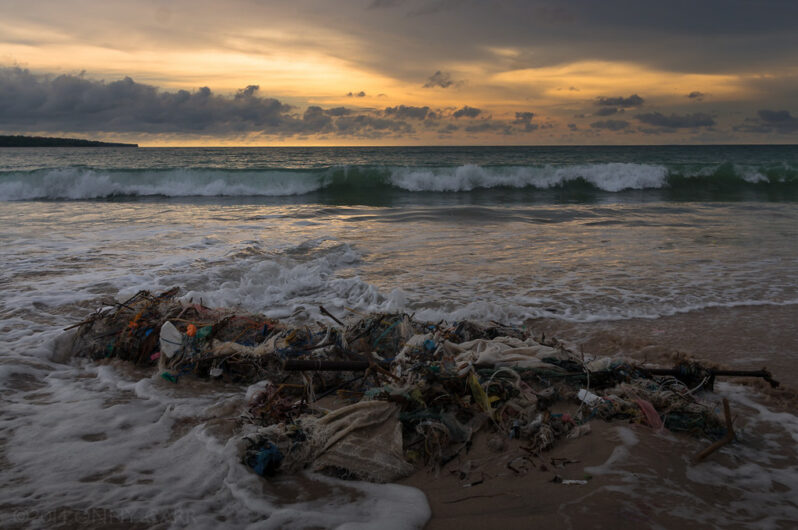
Every week, the Sungai Watch staff don waders and gloves and plunge into the waterways around the Indonesian island of Bali, where they have strung up their big plastic barriers. Along with volunteers, they work their way through the heaps of waste that has built up against the barriers, stuffing it into rubbish bags and slowly, steadily, clearing the filth. The work is gruelling, and yet there is deep satisfaction, even if just temporarily, in watching the rivers open up again. “You do get used to it, strangely enough. But you always need at least a few minutes to adapt as you go into a river….”
Can the tourism industry survive the climate crisis? – the Guardian
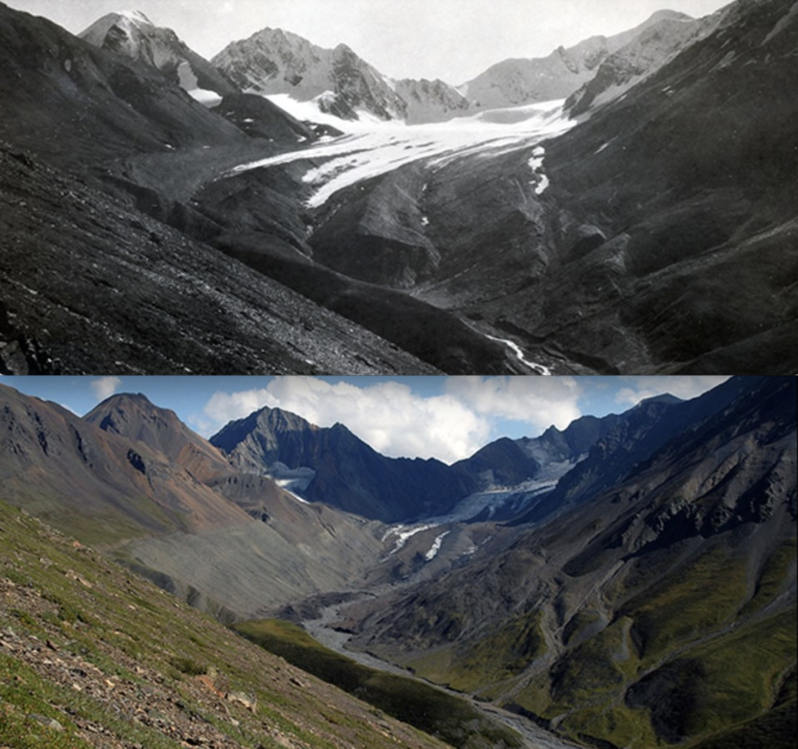
From the Solomon Islands to Denali national park, how five communities reliant on tourism are coping as climate change upends their industry…One of the terrible ironies of the climate crisis is that some of the most beautiful – and popular – places in the world are also the most vulnerable. Which means as temperatures rise, extreme weather events increase, water sources dry up and natural habitats die, these places are facing another devastating loss: tourists…
Hann Bay, Senegal: from coastal idyll to industrial dumping ground – in pictures – the Guardian
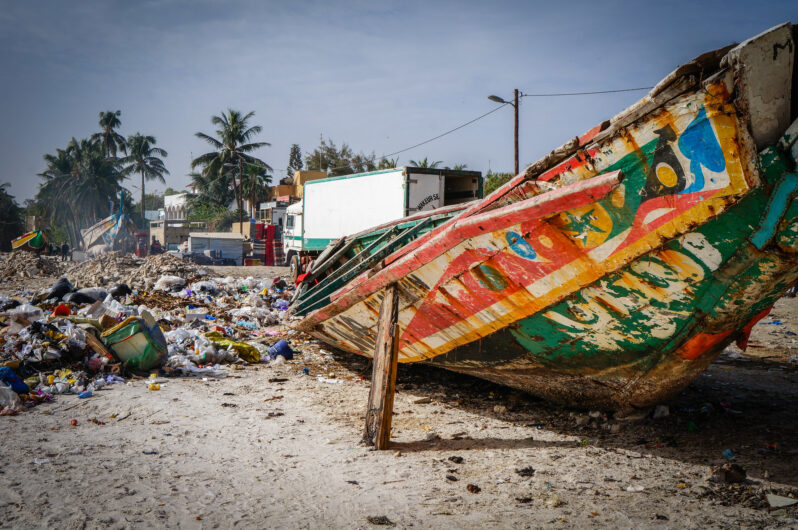
It’s mid-morning on a sunny day and Yvette Yaa Konadu Tetteh’s arms and legs barely make a splash as she powers along the blue-green waters of the River Volta in Ghana. This is the last leg of a journey that has seen Tetteh cover 450km (280 miles) in 40 days to become the first person known to swim the length of the waterway.
It’s an epic mission but with a purpose: to find out whatis in the water and raise awareness of pollution in Ghana…
Earth on verge of five catastrophic climate tipping points, scientists warn – the Guardian
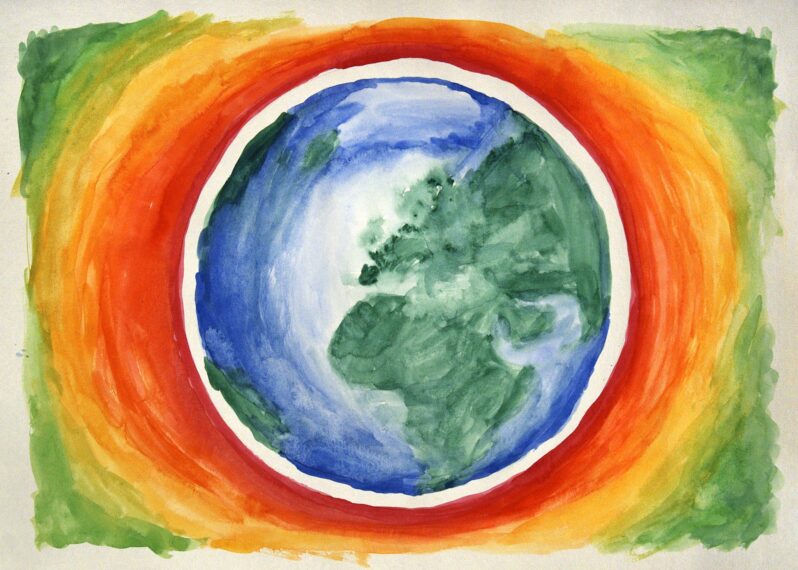
Humanity faces ‘devastating domino effects’ including mass displacement and financial ruin as planet warms…“Tipping points in the Earth system pose threats of a magnitude never faced by humanity,” said Tim Lenton, from the University of Exeter’s Global Systems Institute. “They can trigger devastating domino effects, including the loss of whole ecosystems and capacity to grow staple crops, with societal impacts including mass displacement, political instability and financial collapse…”
Microplastic-eating plankton may be worsening crisis in oceans, say scientists – the Guardian
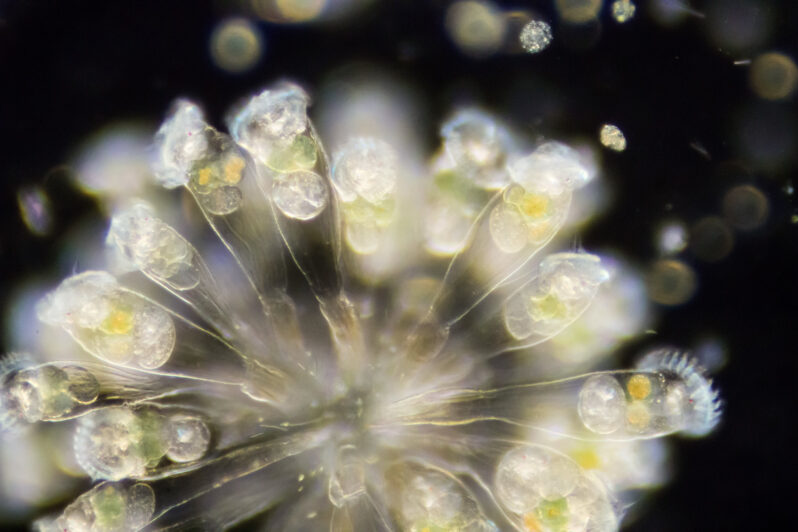
A type of zooplankton found in marine and fresh water can ingest and break down microplastics, scientists have discovered. But rather than providing a solution to the threat plastics pose to aquatic life, the tiny creatures known as rotifers could be accelerating the risk by splitting the particles into thousands of smaller and potentially more dangerous nanoplastics…
Climate crisis costing $16m an hour in extreme weather damage, study estimates – the Guardian
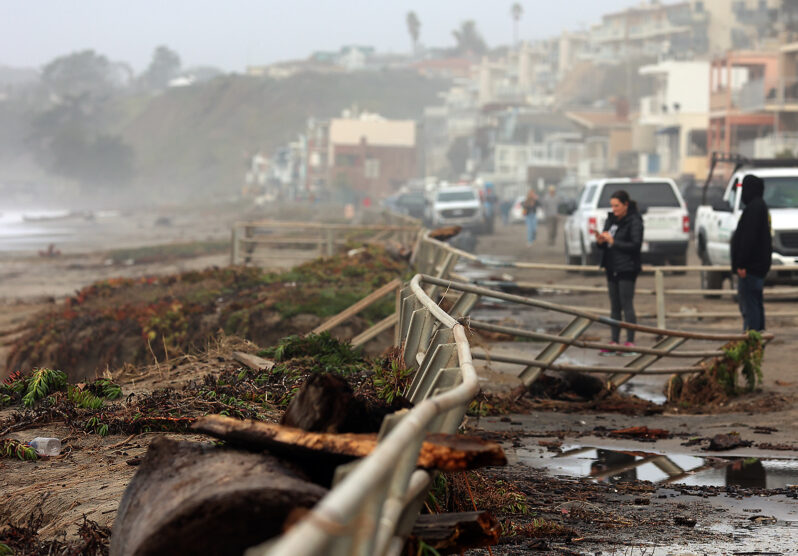
The damage caused by the climate crisis through extreme weather has cost $16m (£13m) an hour for the past 20 years, according to a new estimate.
Storms, floods, heatwaves and droughts have taken many lives and destroyed swathes of property in recent decades, with global heating making the events more frequent and intense. The study is the first to calculate a global figure for the increased costs directly attributable to human-caused global heating…
Groundwater a significant source of pollution on Great Barrier Reef, study shows – the Guardian
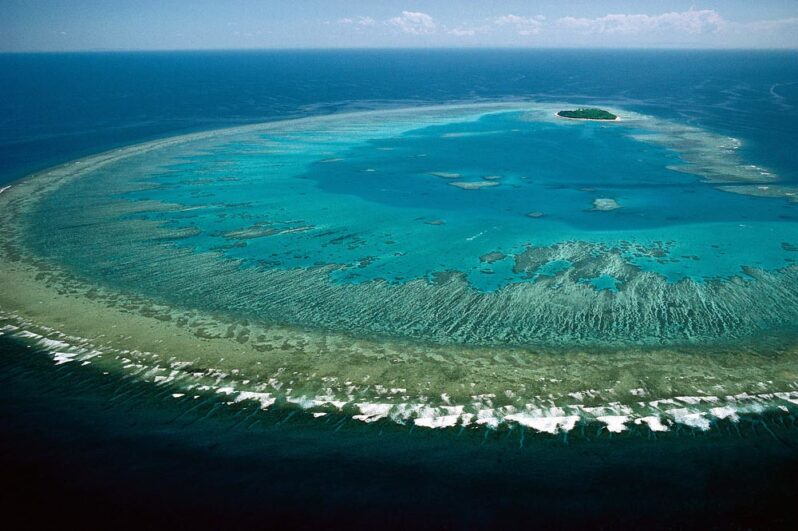
Scientists say they have discovered large flows of pollution are reaching the Great Barrier Reef after soaking into underground water, a finding that could have implications for policymakers focused on cutting pollution from river catchments. The new research claims almost a third of dissolved inorganic nitrogen and two-thirds of dissolved inorganic phosphorus in the reef’s waters are coming from underground sources – an amount previously undocumented…
